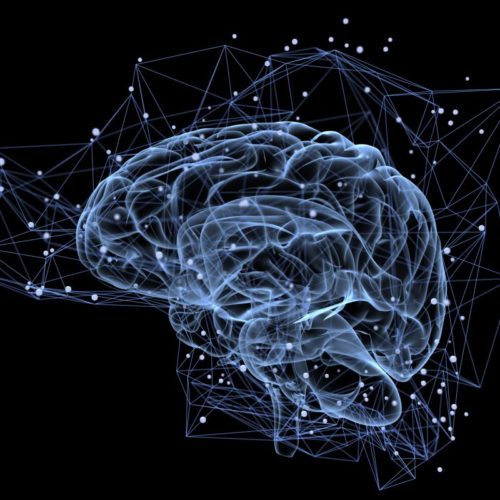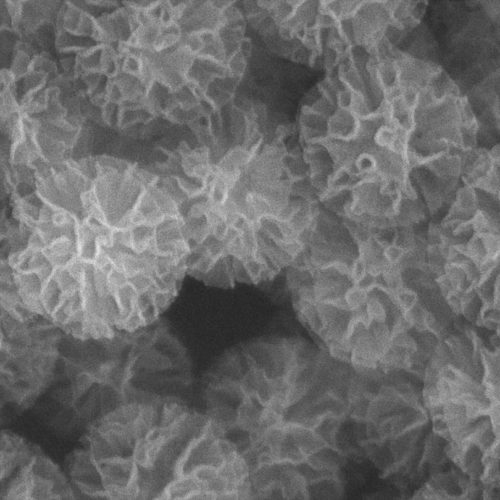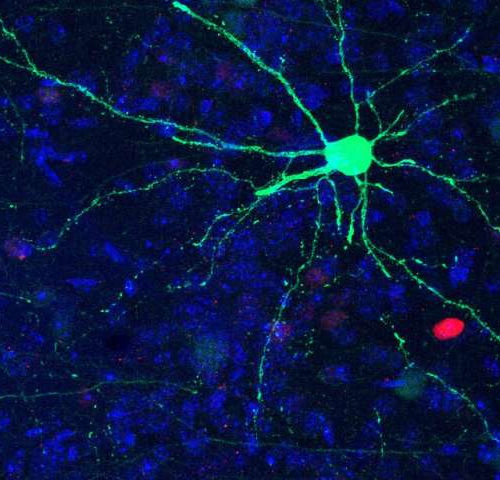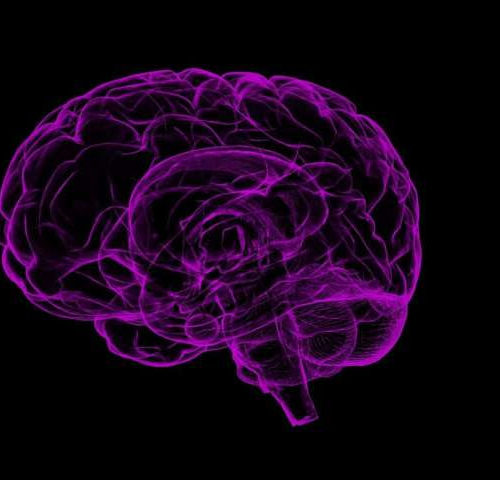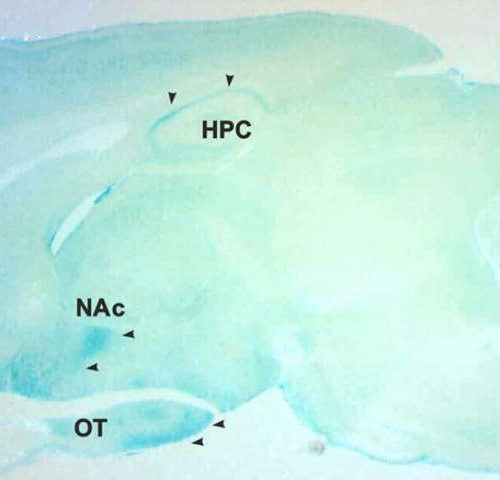By Nick Lavars While its exact causes are unknown, Alzheimer’s disease is commonly associated with clumps of toxic amyloid plaques in the brain, and researchers are continuing to understand the different components that help them take shape. Scientists at the University of Illinois at Urbana-Champaign have developed a new compound that attacks a number of...
Tag: <span>brain</span>
The feeling a limb doesn’t belong is linked to lack of brain structure and connection
People with the mental health condition known as body integrity dysphoria (BID) often feel as though one of their healthy limbs isn’t meant to be a part of their bodies. They may act as though the limb is missing or even seek its amputation “to feel complete.” Now, researchers reporting in the journal Current Biology...
Nanodevices for the brain could thwart formation of Alzheimer’s plaques
CREDIT: CENTER FOR NANOSCALE MATERIALS, ARGONNE NATIONAL LABORATORY Alzheimer’s disease is the sixth leading cause of death in the United States, affecting one in 10 people over the age of 65. Scientists are engineering nanodevices to disrupt processes in the brain that lead to the disease. People who are affected by Alzheimer’s disease have a...
High-Throughput Method Speeds Discovery of Improved Vectors For Gene Delivery To Diverse Brain Cell Types
by Lori Dajose Viruses are nature’s Trojan horses: They gain entrance to cells, smuggle in their genetic material, and use the cell’s own machinery to replicate. For decades, scientists have studied how to minimize their deleterious effects and even repurpose these invaders to deliver not their own viral genome, but therapeutics for treating disease and...
Researchers gain new insights into pain signaling in the brain
UNIVERSITY OF COPENHAGEN THE FACULTY OF HEALTH AND MEDICAL SCIENCES Fast communication between our brain cells – or neurotransmission as it is called – is hugely important for our brain to work properly. Some of the messengers involved in this form of communication are neuropeptides, which are chemicals produced in the brain. Some of these...
Gut communicates with the entire brain through cross-talking neurons
UNIVERSITY OF ILLINOIS COLLEGE OF AGRICULTURAL, CONSUMER AND ENVIRONMENTAL SCIENCES URBANA, Ill. – You know that feeling in your gut? We think of it as an innate intuition that sparks deep in the belly and helps guide our actions, if we let it. It’s also a metaphor for what scientists call the “gut-brain axis,” a...
Study reveals that odor alters how memories are processed in the brain
by Kerry Benson, Boston University We’ve all experienced the strange memory-jogging power of scents. Perhaps the aroma of fresh pine brings you back to your childhood Christmases, or your heart starts to race when you step into a doctor’s office and the sharp odor of disinfectant fills your nose. Now, researchers from Boston University’s Center...
How brain biology promotes starvation in patients with anorexia nervosa
by University of California – San Diego Researchers at University of California San Diego School of Medicine have discovered differences in brain circuitry that contribute to starvation and weight loss in people with anorexia nervosa (AN). The findings, published in the March 12, 2020 online issue of The American Journal of Psychiatry, shed new light...
Study shows low carb diet may prevent, reverse age-related effects within the brain
by Stony Brook University A study using neuroimaging led by Stony Brook University professor and lead author Lilianne R. Mujica-Parodi, Ph.D., and published in PNAS, reveals that neurobiological changes associated with aging can be seen at a much younger age than would be expected, in the late 40s. However, the study also suggests that this...
Researchers discover a previously unappreciated neurotransmitter system in the brain
by St. Petersburg State University Neurotransmitters are chemicals that transmit signals between neurons or from neurons to other cells. They interact with specific receptors found in the brain of humans and animals, controlling a variety of biological processes, e.g. fear, anger, pleasure, memory, energy, appetite and sleep. Today, scientists know various types of neurotransmitter systems:...

